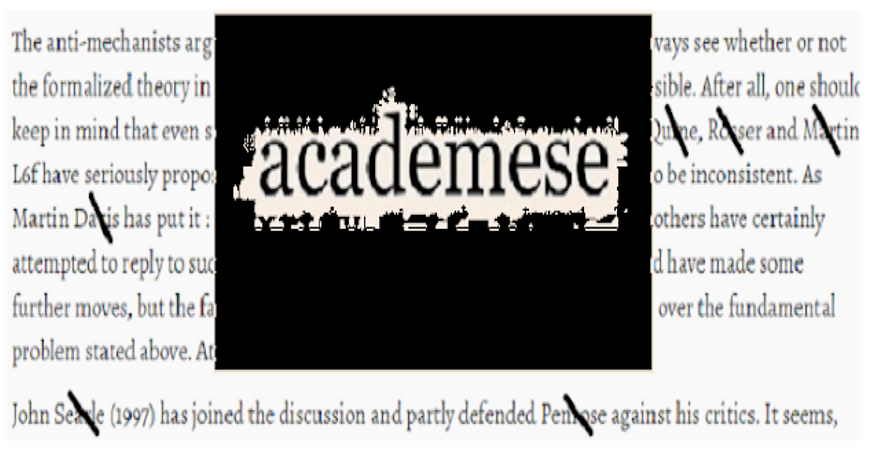(1) This is the first of a series of short (as it were) off-the-cuff philosophical responses to various philosophical and non-philosophical questions. This means that these shorts won’t include new research. In addition, the quotations (from other people) within them will be kept to a minimum.

I personally have great respect for the Australian philosopher David Chalmers (1966-). However, I disagree with nearly all his main philosophical positions. So despite that philosophical disagreement, I still admire his analytic skills and his style of writing. Indeed, in an odd sense, I even admire the philosophical positions he expresses — without actually agreeing with them. That is, Chalmers offers clear accounts of his positions and convincing arguments on their behalf…
Yet obviously not convincing enough to persuade me!
All that may seem a little self-contradictory.
So one can recognise a good argument on behalf of position x, and still not embrace or accept it. The reason for this may be that although the argument for any given x may be very good and very clear, there will still be aspects of my own knowledge, as well as the subject under debate, which lie outside the argument itself (i.e., as expressed by a particular philosopher in a particular context). And it may be those outside elements which stop me — as well as others — from embracing (or simply accepting) argument or position x.
The opposite can occur too.
A philosopher may hold and express a philosophical position which I agree with. However, I may not like the particular argument for that position or the way the philosopher expresses himself. Indeed, there are lots of philosophers who fit this bill.
Specifically, I have in mind those academics (usually either postgrads or just-turned professionals) who never move past a rather predictable — and often annoying — academese, with its fetishization of infinite references and footnotes, alongside unhelpful schematic representations, gratuitous symbols, etc. Indeed all of this is often but a means to signal (for want of a better word) objectivity, fairness and a lack of bias, when all it really signals is that any lack of objectivity, bias and fairness is intentionally hidden under the academese.
So what these academics argue (in such analytic academese) I may well agree with. However, it’s still not expressed well. And that’s even though it supposedly has all the hallmarks of being clear. However, it is, in fact, quite the opposite.










No comments:
Post a Comment